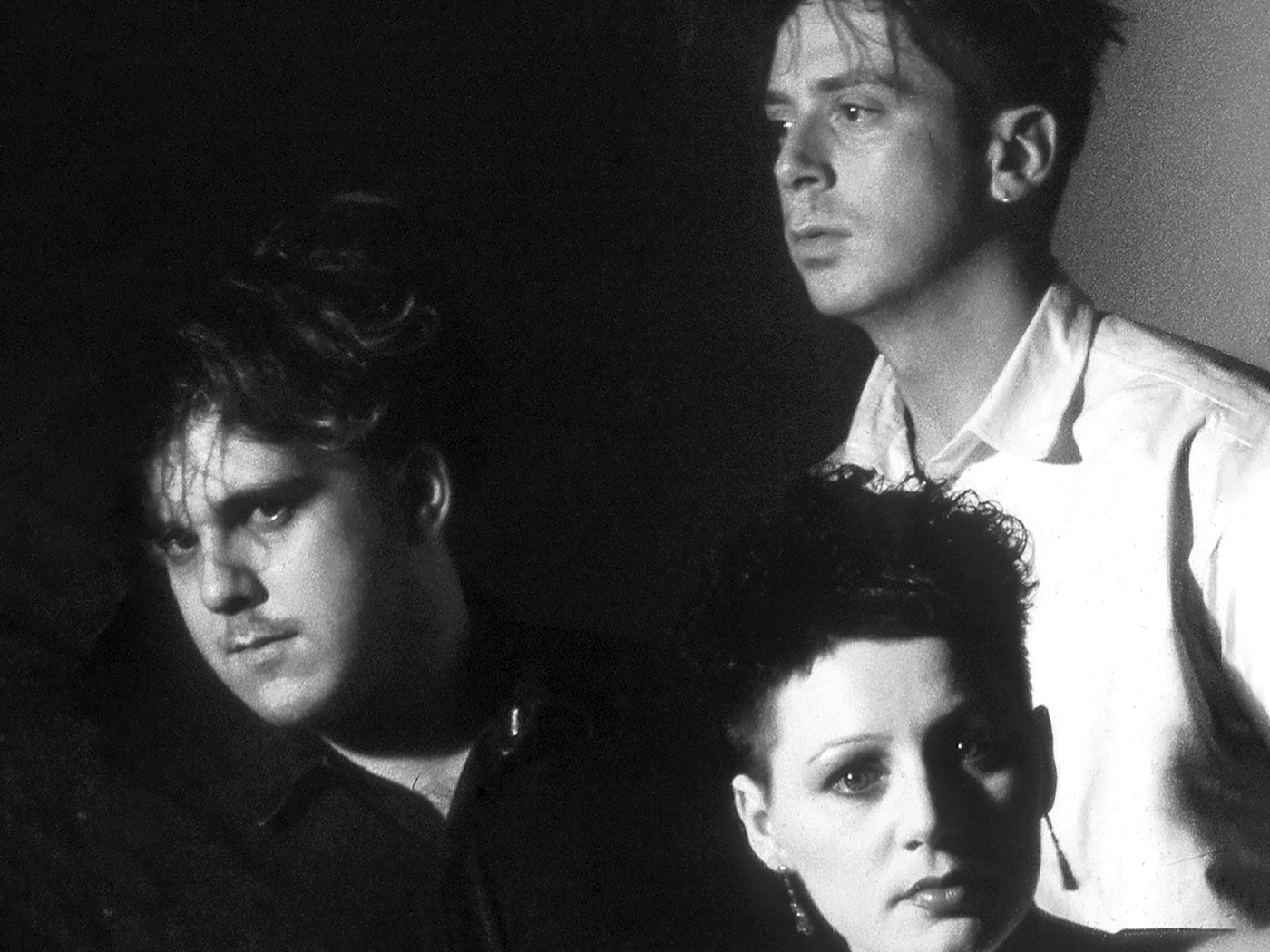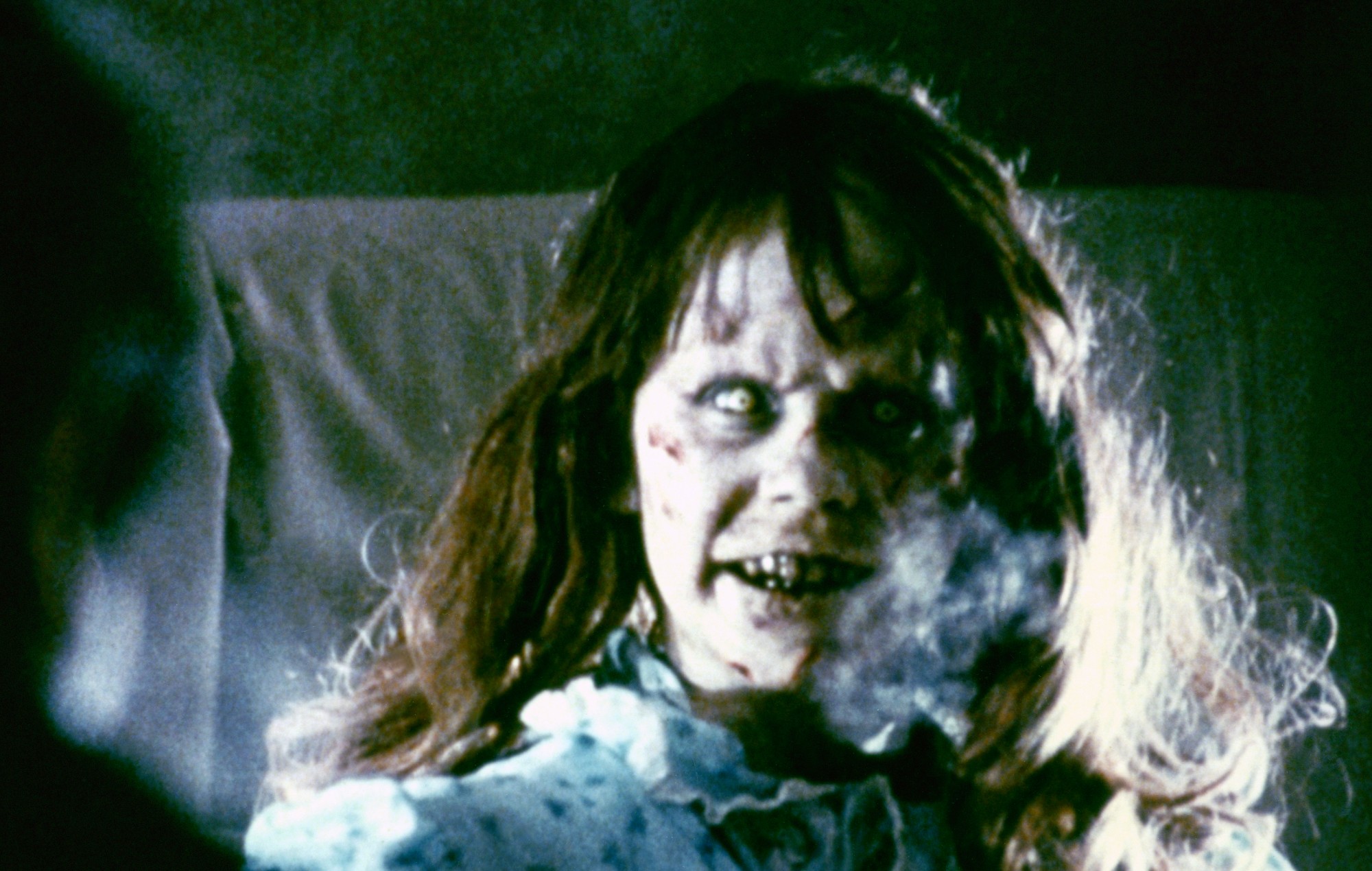
There is something characteristically perverse about the fact that the Cocteau Twins’ greatest hits aren’t credited to them. In their lifetime, their biggest single was their uncanny, half-million selling, independent-chart-topping cover of Tim Buckley’s “Song To The Siren”, released under the aegis of 4AD boss Ivo Watts-Russell’s This Mortal Coil project. Since the group’s demise in 1997 the song that has risen to the top of the streaming stats is, remarkably, “Sea, Swallow Me”; never a single when it was released at the tail-end of 1986, yet currently racking over 100 millions plays on Spotify alone, and officially credited to Harold Budd, Elizabeth Fraser, Robin Guthrie and Simon Raymonde.
This collaboration was almost an afterthought. A production company had floated the idea for a TV series that fostered pan-genre collaborations – metalheads and reggae rhythm sections, rockers and dance producers (such cross-fertilisation would ultimately lead to 4AD’s biggest hit, MARRS’ “Pump Up the Volume”). The documentary got bogged down in development purgatory, but the idea stuck with Robin Guthrie and Simon Raymonde, who hooked up with LA-based ambient composer and pianist Harold Budd.
The Cocteaus were by then coming nicely to the boil, insulated from commercial expectations, enjoying the creative freedoms of having their own studio in distinctly un-ethereal North Acton. They seemed perfectly at liberty to follow their whims: from sundry EPs (Aikea-Guinea, Tiny Dynamine, Echoes in a Shallow Bay and Love’s Easy Tears in 1985-86 alone), a greatest hits compilation (The Pink Opaque) and a nominally “acoustic album” featuring just Robin and Liz, the gorgeous iridescent ice-floes of Victorialand.
But the collaboration wasn’t completely out of the blue. The Cocteaus had met Brian Eno in 1984 with a view to him producing Treasure. In one of rock history’s great missed opportunities he demurred, but the encounter was suggestive of the ways that various mid-’80s worlds were converging. Having begun somewhere deep in Siouxsieverse, orbiting the planet Juju, by 1985, with Victorialand, the Cocteaus had drifted to a becalmed latitude on the fringes of New Age. Budd meanwhile had begun his own musical journey much earlier, in the late ’50s cool jazz worlds of Chet Baker and Pharoah Sanders, voyaging through the late ’60s negative zone of John Cage and Morton Feldman, before washing up on the beach of Enoverse with 1978’s Pavilion Of Dreams.
It was an encounter that could only have happened in the mid-’80s on a label like 4AD. There was much talk at the time of how sampling was making possible hitherto unimaginable culture clashes (the now quaint “This Is Crush Collision!” by Age Of Chance was typical of the time). By contrast, The Moon And The Melodies is a gentle drift, a snow crash, the sound of two musical universes passing softly through each other like clouds of perfume.
The exchange was like a subtle shift of specific gravities. On The Pearl, Eno had set Budd’s piano in a pellucid green world, the air humming and the streams alive with bright fish. Here, on a track like “Memory Gongs” the cavernous reverb of Robin Guthrie’s production transplants Budd somewhere altogether more sinister – it’s like a grand piano playing Satie onboard the Nostromo as Riley enters sleep stasis at the end of Alien. Budd himself fades discretely into the background of more conventionally Liz-focused grottoes like “Eyes Are Mosaics”, while “The Ghost Has No Name”, featuring the saxophone of Dif Juz’s Richard Thomas and some fretless bass from Simon Raymonde, feels like it might have calved from the lazy-calm glacier of Victorialand.
Within the larger cartography of the Cocteau discography, The Moon And The Melodies is a curious but charming backwater, overshadowed by the more obvious peaks of Blue Bell Knoll and Heaven Or Las Vegas. Within Budd’s discography it’s arguably important as the first step on the more fully collaborative Guthrie/Budd projects including After The Night Falls/Before The Day Breaks (2007) and Bordeaux/Winter Garden (2011).
So how to explain the freak breakout success of “Sea Swallow Me”? Is it simply an algorithmic glitch, like the one that resurrected Pavement B-side “Harness Your Hopes”? Is it down to the way the opening bars have become a jingle for emo TikTokkers (Jane Schoenbrun’s phantasmagoric film I Saw The TV Glow is arguably a 100-minute elaboration of this vibe). Or is it simply the most accessible portal into the rich and strange world of the Cocteau Twins?
Brian Eno was fond at the time of talking of his work as research and development, as opposed to the General Motors mass production lines of Pink Floyd or U2. You might see The Moon And The Melodies perhaps as one of the R&D seed projects that eventually led to the formation of Peaceful Piano, the limpid, ever-growing playlist that now rules from the heart of the Spotify world. It’s testament to the enduring artistry of Budd, Fraser, Guthrie and Raymonde, that it continues to sound as magically mysterious as ever, whatever its shifting context.
When you purchase through links on our site, we may earn an affiliate commission. Here’s how it works.






